
An investigation looks at whether prenatal exposure to antiepileptics such as valproate are linked to risk of intellectual disability.

An investigation looks at whether prenatal exposure to antiepileptics such as valproate are linked to risk of intellectual disability.

A close look at the dietary needs of infants and toddlers and the recent nutrition guideline update.

Colic is a common complaint among infants. A study examines whether prenatal exposure to probiotics can reduce the risk of colic.
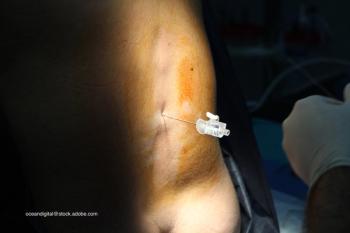
An investigation looks into whether exposure to maternal epidural during delivery has an impact on risk for autism spectrum disorder.

Research has indicated that prenatal exposure to acetaminophen has an impact on attention-deficit/hyperactivity disorder (ADHD). An investigation offers even more evidence.
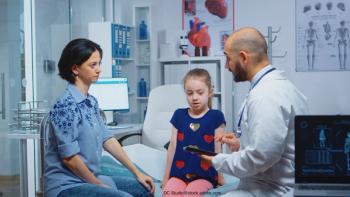
Genital exams to determine whether a patient has been abused or for some other reason can cause discomfort in many pediatricians. A presentation at the virtual 2020 American Academy of Pediatrics National Conference & Exhibition showed how clinicians can overcome this fear as well as what the clinician should do to prepare for such exams.

Previous research has shown adverse neuropsychiatric outcomes among infants who are born preterm and postterm. An investigation examines the outcomes of children born at term.

Extreme low birth weight is linked to suboptimal outcomes. A new report looks at how early hypoxemic respiratory failure and extreme low birth weight can influence survival.

A mother’s health during pregnancy and in the first weeks following delivery can have an impact on her future health. A new report looks at how her mental health could also impact her child’s development through not only infancy, but childhood and adolescence.

The 2016 Zika epidemic made microcephaly a common term, but a new investigation indicates that congenital cytomegalovirus, which is much less studied, could be an even bigger cause of the birth defect.

Smoking has many negative health effects and a new investigation adds an increased risk of childhood weight issues when exposure to smoking in utero.

Many interventions have been thought of to tackle the childhood obesity epidemic. Could starting the intervention before a child is born make progress?

A study looks at whether a vaccine for respiratory syncytial virus (RSV) could be effective in reducing RSV-associated, medically significant lower respiratory tract infections in infants.
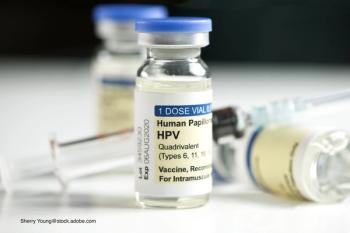
The human papillomavirus (HPV) vaccine is the key to a major public health victory, but the vaccine coverage has been less than effective. A report offers some answer to how parental intent has made an impact.

A program with the goal of expanding human papillomavirus (HPV) vaccination and preventing HPV-related cancers has been expanded.

Immunizations during pregnancy are common and meant to provide protection during the early months of life. A literature review looks at whether the practice influences other early health outcomes.

The American Academy of Pediatrics has issued a report urging greater access to long-acting reversible contraceptives (LARCs) for teenagers.

Urinary tract infections (UTIs) are common in childhood, but the long-term effects remain little studied. A new report examines if pregnancy could reveal renal damage.
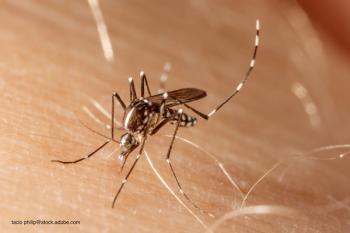
Parents of newborns who had been exposed to Zika virus in utero may have breathed a sigh of relief when their child was born with normocephaly. An investigation finds that adverse outcomes occurred even in children with normal head size.

Severe iodine deficiency in pregnancy has been linked to intellectual disabilities in offspring. An investigation studies whether the same is true for mild-to-moderate deficiency.

Clinicians may still use urine nucleic-acid amplification tests, despite the recommendation to use a more sensitive vaginal swab to test for Chlamydia trachomatis. A report looks at whether a quality improvement program could change that.

A study finds that the levonorgestrel intrauterine device (IUD) is successful in controlling abnormal uterine bleeding and in suppressing menses in teenagers.

Climate change has been linked to several adverse health outcomes. A review examines its impact on pregnancy outcomes like preterm birth and low birth weight.
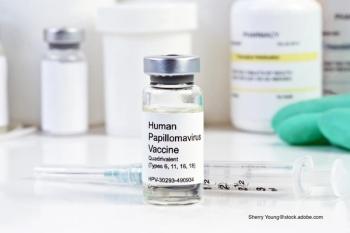
Initiation and completion rates for human papillomavirus (HPV) vaccine aren’t where public health officials would like them to be. A report examines whether an intensive intervention can help improve those rates.

Sex education can help lead to better sexual health outcomes for teenagers. A meta-analysis looks at how interventions can help improve sexual health outcomes for Latinx adolescents.